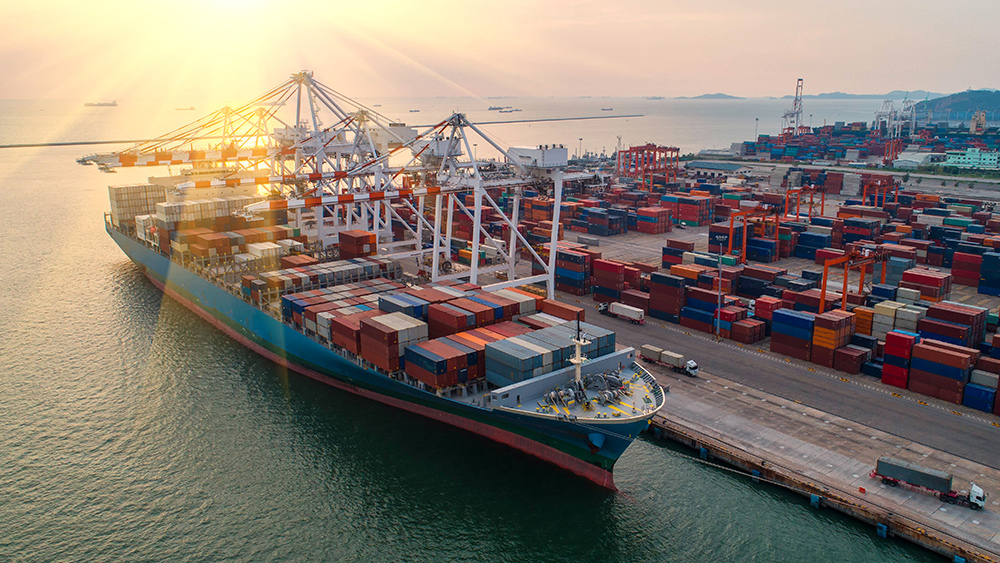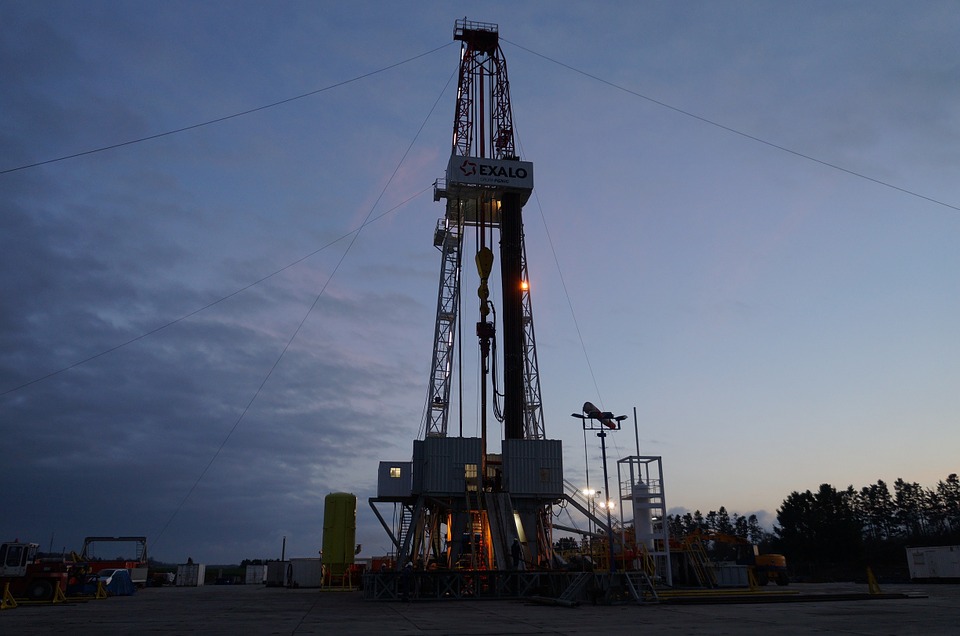 Parler
Parler Gab
Gab
- The Trump administration finalized aggressive port fees (starting October 2025) targeting Chinese-built or operated vessels docking at U.S. ports and escalating yearly (up to 140 per net ton by 2028).
- The policy aims to counter China's state-subsidized shipping dominance by incentivizing orders for U.S.-built ships. Operators can avoid fees by sourcing American vessels within three years or owe retroactive charges.
- Bulk cargo (coal, grain), Caribbean shipping and LNG carriers (temporarily) are exempt. Critics, including the World Shipping Council, warn of higher global shipping costs and U.S. inflation without meaningful industry revival.
- China condemned the move as "harmful to all," vowing to defend its interests. Officials argued the fees would raise costs for U.S. consumers and fail to boost American shipbuilding.
- The Biden administration maintained Trump's China tariffs and added new ones (e.g., 221 percent on chassis), exacerbating supply chain bottlenecks. These policies reflect ongoing economic tensions despite bipartisan criticism of their inflationary impact.
China immediately rebukes Trump's new port fees
The next day, April 18, China immediately rebuked the new port fees. China's commerce ministry called on the United States to stop "shifting blame" and swiftly correct its "wrong" economic practices. "China is strongly dissatisfied and firmly opposed to this," the Chinese commerce ministry said. "China will closely follow the relevant developments of the U.S. and will resolutely take necessary measures to safeguard its own rights and interests." (Related: Trump's 125% tariff triggers panic among Chinese Amazon sellers.) Similarly, Chinese Foreign Ministry spokesman Lin Jian criticized the U.S. in a regular press briefing for imposing port fees and additional tariffs on Chinese shipping equipment. She even called the actions "measures that harm others and the U.S. itself." "It not only raises global shipping costs and disrupts the stability of the global industry but also increases inflation pressures in the U.S., harming the interests of American consumers and businesses," Lin said, adding that the measures would "eventually fail to revitalize the U.S. shipbuilding industry." The World Shipping Council (WSC) also weighed in, expressing "serious concerns" about the port fees and criticizing the policy as "a step in the wrong direction." "The WSC is urging the Administration to reconsider this counterproductive measure, which risks harming U.S. consumers, manufacturers and farmers without delivering meaningful progress toward revitalizing the U.S. maritime industry," the WSC said. Head over to Trump.news for related news. Trump should put the tariffs on immediately, an expert says. Watch this video.More related stories:
Trump imposes 25% tariff on nations buying Venezuelan oil.
Market rebounds on Trump's tariff pause, but uncertainty looms.
Copper collapse: Tariff war sparks metals meltdown, rattles global markets.
Trump floats tariff reduction for China to secure TikTok deal.
Trump’s tariff gambit pays off as approval ratings defy market turbulence.
Sources include: TheNationalPulse.com BTimesOnline.com CNN.com Brighteon.comIllegal immigrant arrested after stealing DHS Secretary’s purse in D.C. dining theft
By Cassie B. // Share
Natural gas emerges as energy champion while wind, solar lag on affordability and reliability
By Willow Tohi // Share
Klitschko: Ukraine may need to temporarily cede territories for peace
By Ramon Tomey // Share
USDA tightens SNAP eligibility rules to prevent benefits for illegal immigrants
By Laura Harris // Share
TRADE WAR FALLOUT: Chinese factories slow production as U.S. tariffs bite
By Laura Harris // Share
Governments continue to obscure COVID-19 vaccine data amid rising concerns over excess deaths
By patricklewis // Share
Tech giant Microsoft backs EXTINCTION with its support of carbon capture programs
By ramontomeydw // Share
Germany to resume arms exports to Israel despite repeated ceasefire violations
By isabelle // Share










